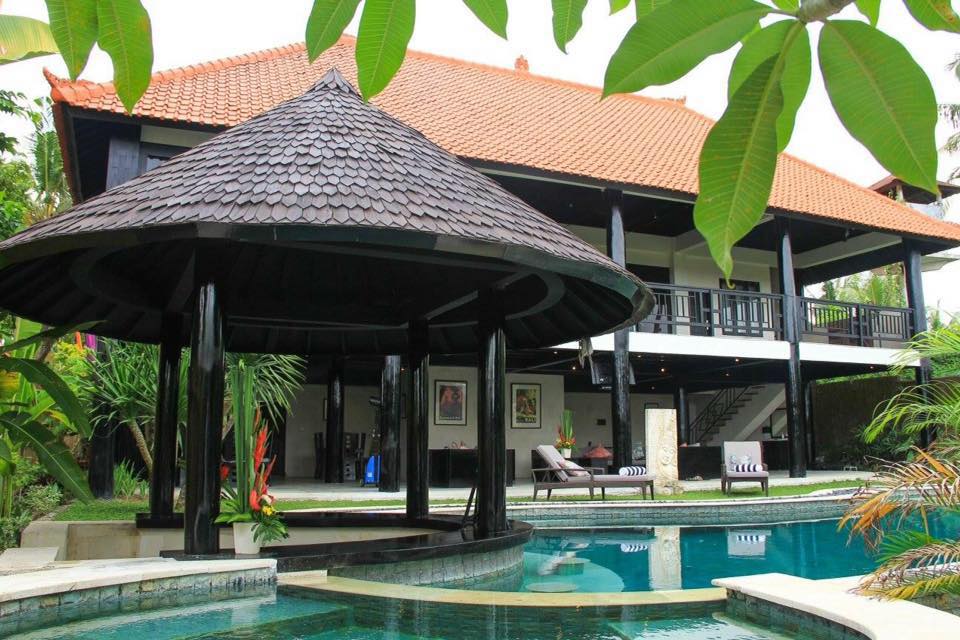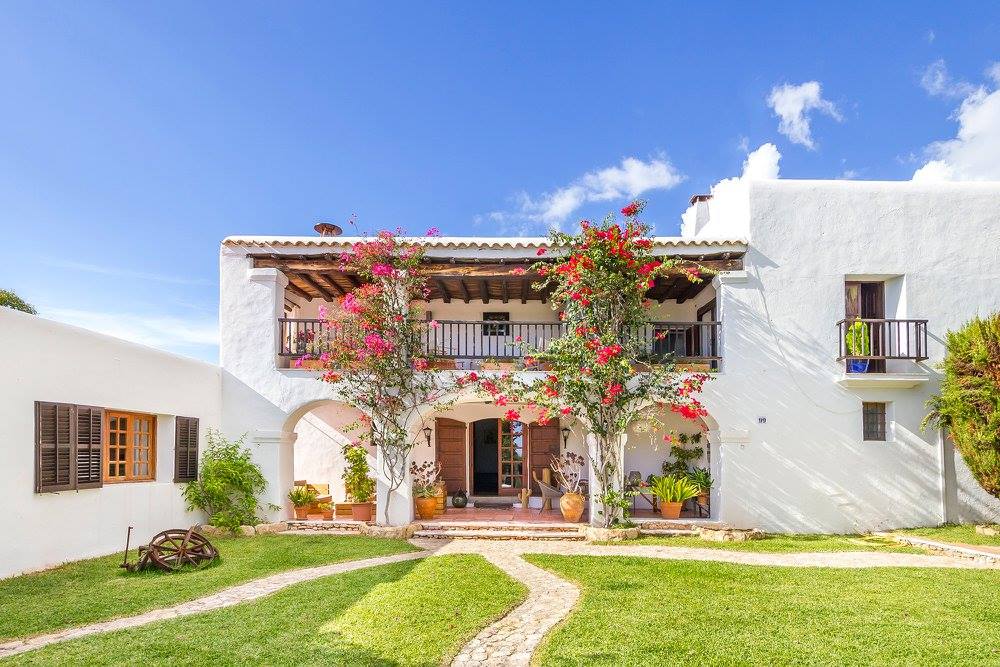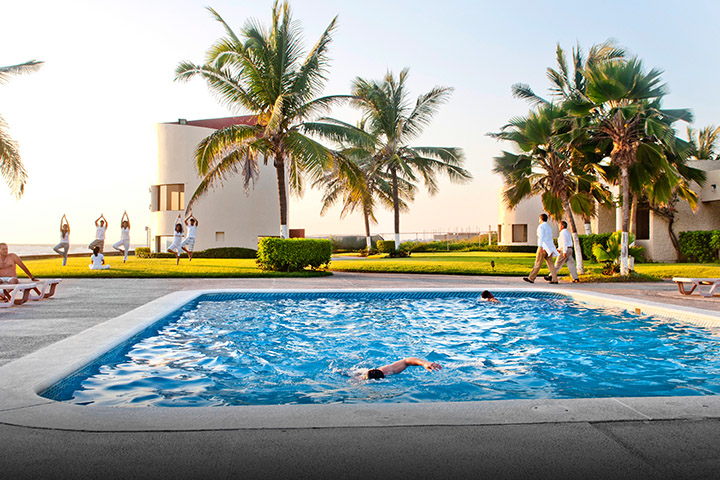It’s called the “Island of the Gods” for a reason—Bali is a place truly unlike any other. This Indonesian island just south of the equator in the Java Sea is brimming with natural and cultural wonders. Blanketed in vibrant jungles and rice terraces, laced with clear-running waterfalls and sacred springs, and infused with Hindu and new-age spirituality, Bali invites you to dive into the healing journey. And, as many people are discovering, those very qualities make it an excellent destination for luxury rehab.
Let’s take a closer look at what Bali has to offer those seeking a unique and immersive treatment experience.
A Refuge for Spiritual Healing
Addiction is harmful on many levels, including spiritually. On some level, addiction stems from a search for deeper meaning and connection, which is why spirituality is such a key component of the addiction recovery process.1 And there’s no better place to steep yourself in an atmosphere of deeply rooted spiritual practice than on Bali. You’ll notice ubiquitous canang sari—offerings of symbolically colored flowers and rice in coconut-leaf baskets—thoughtfully placed in front of every home and business. Offerings are made 3 times daily, shrines and temples are found throughout every neighborhood and religious ceremonies with traditional music and dance are a regular occurrence.
Known worldwide as a refuge for spiritual healing, Bali’s remote location and distinct culture make it feel as if you’ve broken away from your everyday concerns and stepped into a world where nature sets the tone. It’s the perfect place to let go of old patterns and settle into a new environment, complete with supportive people surrounding you and positive goals to set your sights on.

Sivana Bali understands this well. Their philosophy focuses on promoting joy, their multidisciplinary methods are accessible to people of all cultures and beliefs, and mindfulness is an essential part of their treatment program. Even their name, Sivana, translates to “oasis of enlightenment.” In this tranquil space, you’re invited to look inward and find love for both yourself and the world around you.
Wellness-Oriented Culture and Holistic Treatment Opportunities
Bali is home to a thriving wellness community, attracting yogis from around the world to deepen their practice and join restorative retreats in its meditative setting. Health nuts love recharging with fresh juices and dining on local dishes like nasi campur made with local tempeh and crunchy organic veggies grown in the island’s rich volcanic soil. And those who want to dabble in new modalities can try classes like chanting, sound healing and Qigong.
This holistic approach to wellness is reflected in the treatment programs offered at Bali rehabs like The Lighthouse Bali. Their philosophy of body, spirit and mind aligns with the Balinese philosophy of tri hita karana (3 causes of well-being), bringing together the realms of the spirit, the human world, and nature. The Lighthouse offers a private, 1:1 substance abuse treatment plan tailored to your needs and focused on biological, psychological, social, and spiritual principles. These services are structured to treat your whole being, and are followed by an aftercare program that builds on the relationships you formed with clinical team members during treatment to support you well into recovery.

Unforgettable Excursions
Having fun without drugs and alcohol is a vital component of recovery—and the activities and adventures that can only be found in Bali makes rehab here so unique.
Ride through gorgeous rice terraces, visit the stunning volcano Mount Agung, and see religious sites ranging from mystical sea temples on the ocean to an inspiring grand temple complex on the mountain. Enjoy beautiful beaches, where surfing is a must-try, and take in stunning waterfalls dotted throughout the island. Dine out for lunch or dinner and savor Bali’s distinctive cuisine, known for its fragrant herbs and spices.
Most treatment programs include free time on the weekends or organized excursions where you get to enjoy all that Bali has to offer. Seasons Bali offers a weekend leisure activity program, where the group decides what adventures in culture, arts, sports, food, and sights they wish to experience. Kembali Recovery Center offers organized outings every Thursday as well as 3 staffed Sunday excursions.
Low-Cost Luxury
Private drug and alcohol rehab in Australia, the U.S., and Europe can cost well over $30,000 per month, while rehab centers in Bali provide comparable quality for a fraction of that cost.
For instance, a 28-day all-inclusive program at Kembali Recovery Center only costs $6,000. That $6,000 gives you a resort-like location, luxurious accommodation, meals, adventures, massages, group therapy, individual counseling, yoga, and meditation, all within one of the most beautiful settings in the world.

Renewal, Bali-Style
Bali is an island that seems to have been made for healing and recovery. A true paradise, it has beautiful landscapes, fascinating culture, thriving arts, and gorgeous beaches, along with a spiritual history and philosophy focused on growth, rehabilitation and rebirth. You can go there to relax, be renewed and you’ll leave with a new life.
Search our collection of luxury rehabs in Bali to compare pricing, facilities, accommodation, activities, and more.
Frequently Asked Questions About Bali Rehabs
What makes Bali an ideal location for rehab?
The island’s natural beauty and rich culture make Bali an ideal destination for rehab. Its landscape, which includes beaches, jungles, and rice terraces, provides a peaceful atmosphere for those seeking recovery.
What types of treatments and therapies do Bali rehabs offer?
Bali rehabs offer a range of evidence-based and holistic therapies. Programs incorporate complementary elements like yoga, meditation, and experiential therapies in nature.
How do I choose the right rehab center in Bali?
When choosing a rehab in Bali, consider factors such as the facility’s accreditation, staff qualifications, treatment programs offered, and cost. It’s also helpful to read reviews from previous clients to get a better understanding of their experiences and the effectiveness of the program.

















